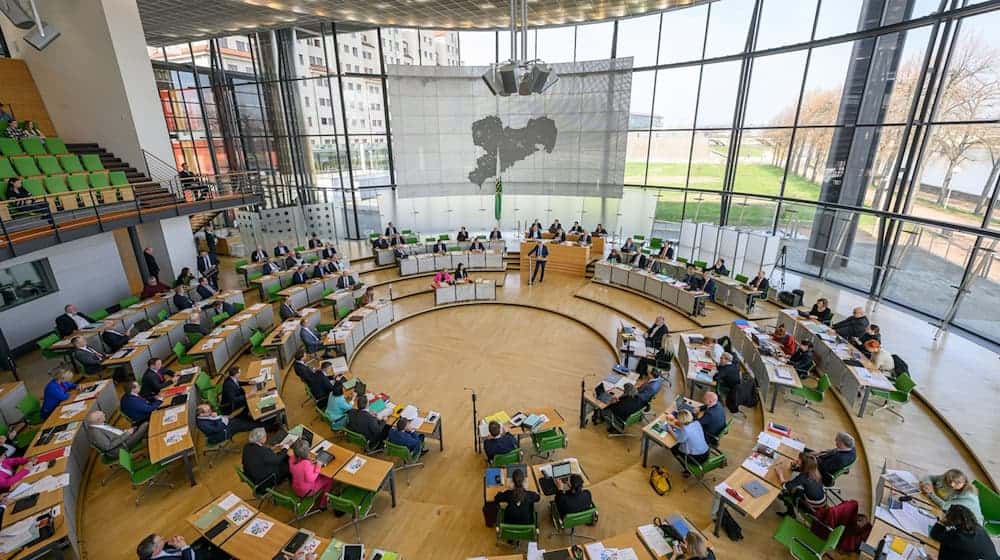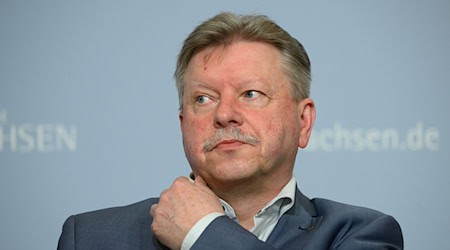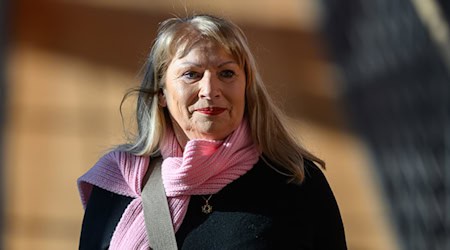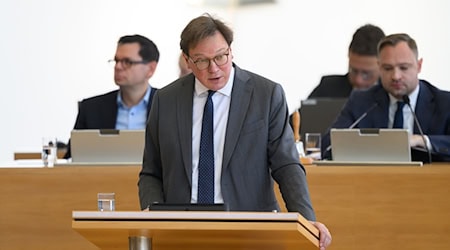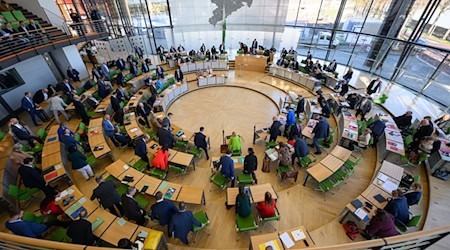The Saxon Court of Audit has reiterated its massive criticism of the previous allocation of funding in the Ministry of Social Affairs. Specifically, it concerns a guideline for the integration of refugees that has since been revised. On Wednesday, the state parliament's committee of inquiry heard, among others, Court of Audit Director Gerold Böhmer. The Court of Audit had written a special report to the state parliament the previous year. The auditor did not have a good opinion of the funding practice at the time and on Wednesday repeated the harsh criticism that had already set the tone in the report.
The Court of Auditors had audited the allocation of funding to refugee aid associations and initiatives in the years 2016 to 2019. According to Böhmer, the aim was to investigate a complex and non-transparent administrative procedure. Extensive shortcomings had been identified. The Court of Audit had to report "considerable deficits" to the state parliament in the special report. In some cases, the implementation of the funding guideline was "highly unlawful".
According to Böhmer, funding requirements were not sufficiently analyzed. A large number of projects were undefined. The directive had not been able to fulfill its central function. "Administrative action must be concrete and must not appear to be a black box." The approval processes for funding were "highly intransparent". Böhmer spoke of "incomprehensible funding decisions". All key decisions had been made by the ministry, not by the actual approval authority Sächsische Aufbaubank (SAB). The ministry had disregarded decisions made by the SAB.
According to Böhmer, there were projects that were already considered "set" in advance. The equal treatment of applicants had been disregarded. The Court of Auditors had identified "conflicts of interest" and "concerns of bias". There were also deficiencies in the documentation. The top 20 recipients of a grant had contained 40 percent of all funds. Deficiencies were found in their funding in particular. It was difficult to understand why it was not possible to obtain a systematic overview of which projects were successful and which were not.
Beforehand, the U Committee had questioned the Saxon Commissioner for Foreigners, Geert Mackenroth. Among other things, he testified that he was not involved in funding and had no influence on it. He was unable to assess shortcomings in the administrative procedure and could not judge accusations. The situation at the height of the refugee crisis was very stressful. Attempts had been made to accommodate the many people properly. Social Affairs Minister Petra Köpping (SPD) was due to testify in the afternoon.
The committee of inquiry was set up in February at the instigation of the AfD parliamentary group. The AfD is entitled to such a committee due to its strength in parliament. When presenting its special report last year, the Court of Auditors had already attested that the Ministry of Social Affairs had acted unlawfully to an "extraordinary extent". The auditors found no evidence of personal misconduct on the part of Minister Köpping. The ministry had already reacted and changed the funding guidelines. In addition, the responsible State Secretary Sebastian Vogel was retired.
Copyright 2024, dpa (www.dpa.de). All rights reserved

